On March 1, 1896, French physicist Henri Becquerel (15 December 1852 – 25 August 1908) accidentally discovered radioactivity.
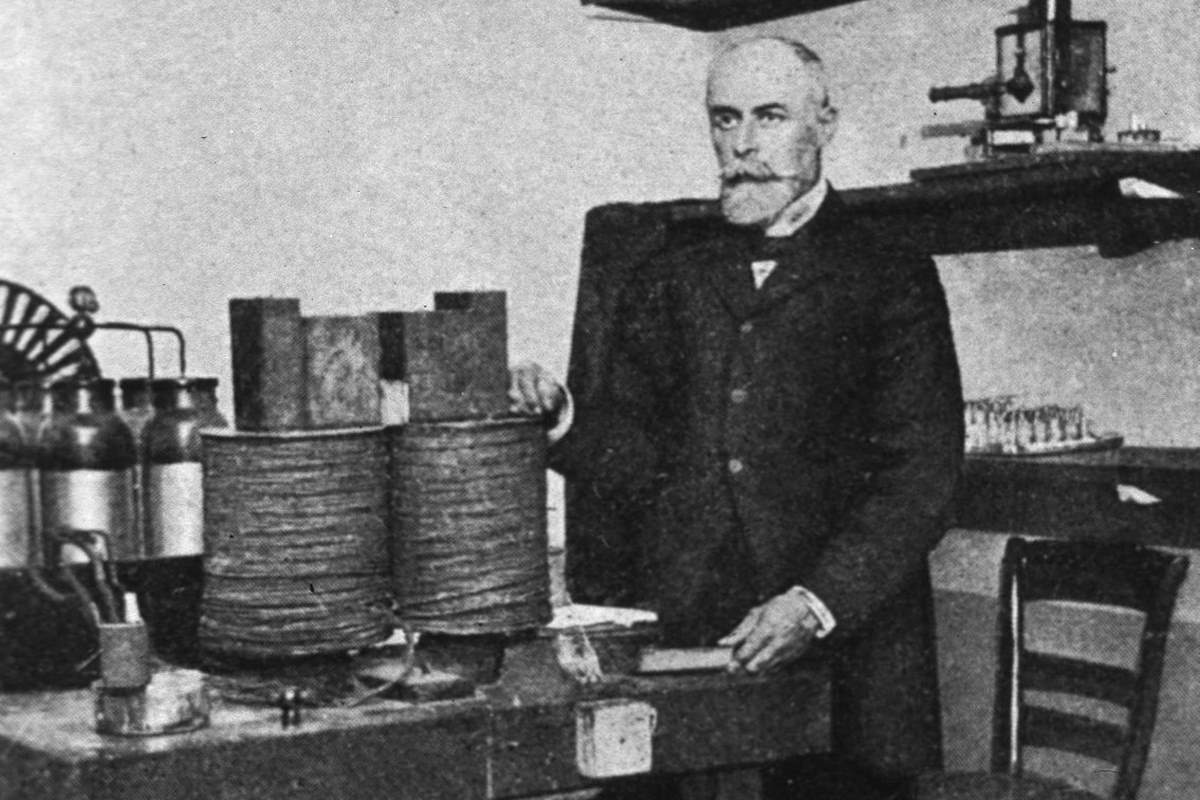

On March 1, 1896, French physicist Henri Becquerel (15 December 1852 – 25 August 1908) accidentally discovered radioactivity.
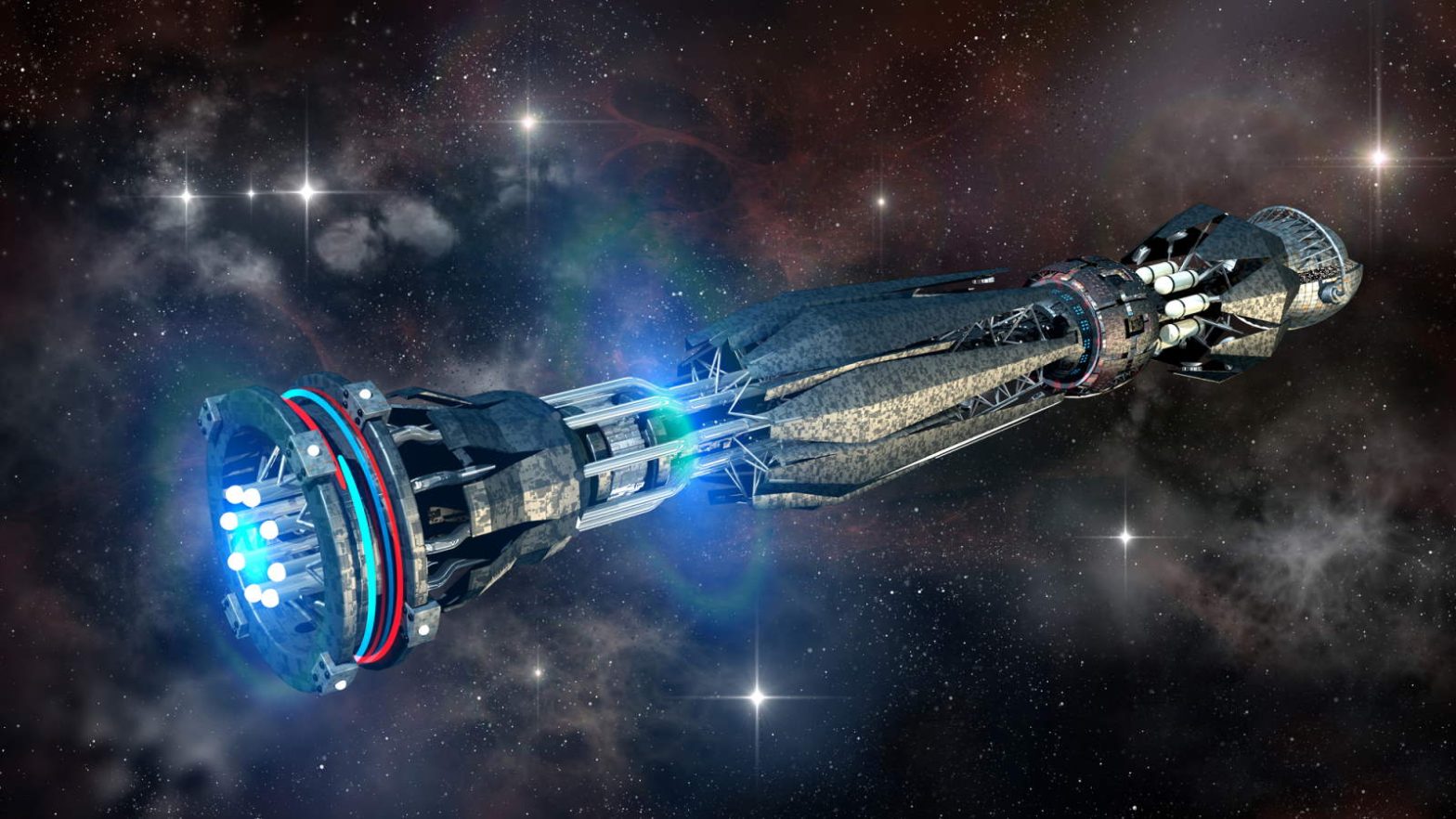
Is faster-than-light (FTL) travel possible?
Ever since astronomers found that Earth and the Solar System are not unique in the cosmos, humanity has dreamed of the day when we might explore nearby stars and settle extrasolar planets. Unfortunately, the laws of physics impose strict limitations on how fast things can travel in our Universe, otherwise known as Einstein’s General Theory of Relativity. Per this theory, the speed of light is constant and absolute, and objects approaching it will experience an increase in their inertial mass (thereby requiring more mass to accelerate further).
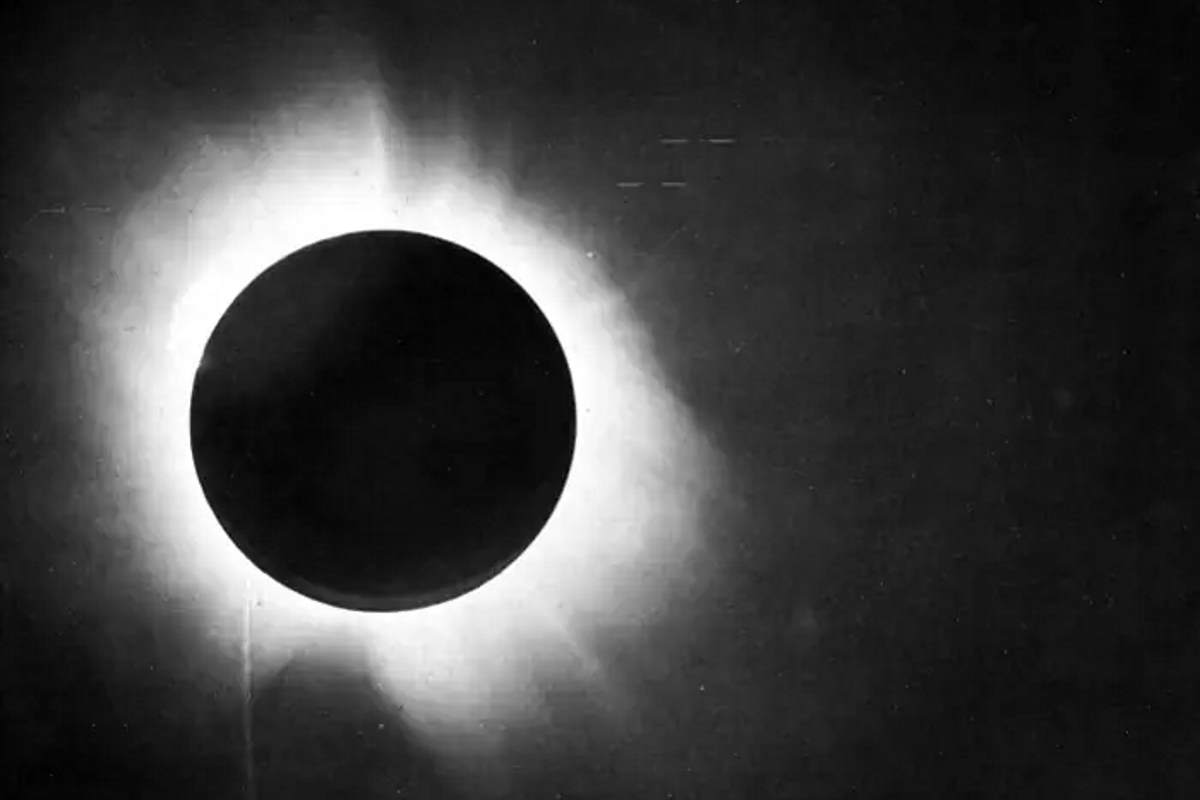
On May 29, 1919, Einstein’s General Theory of Relativity, which was just four-year-old at the time, was put to its first test during a total solar eclipse. Albert Einstein’s prediction of the bending of light by the gravity of the Sun, one of the components of his general theory of relativity, could be tested by measuring how the images of stars shift when the sun is close-by.
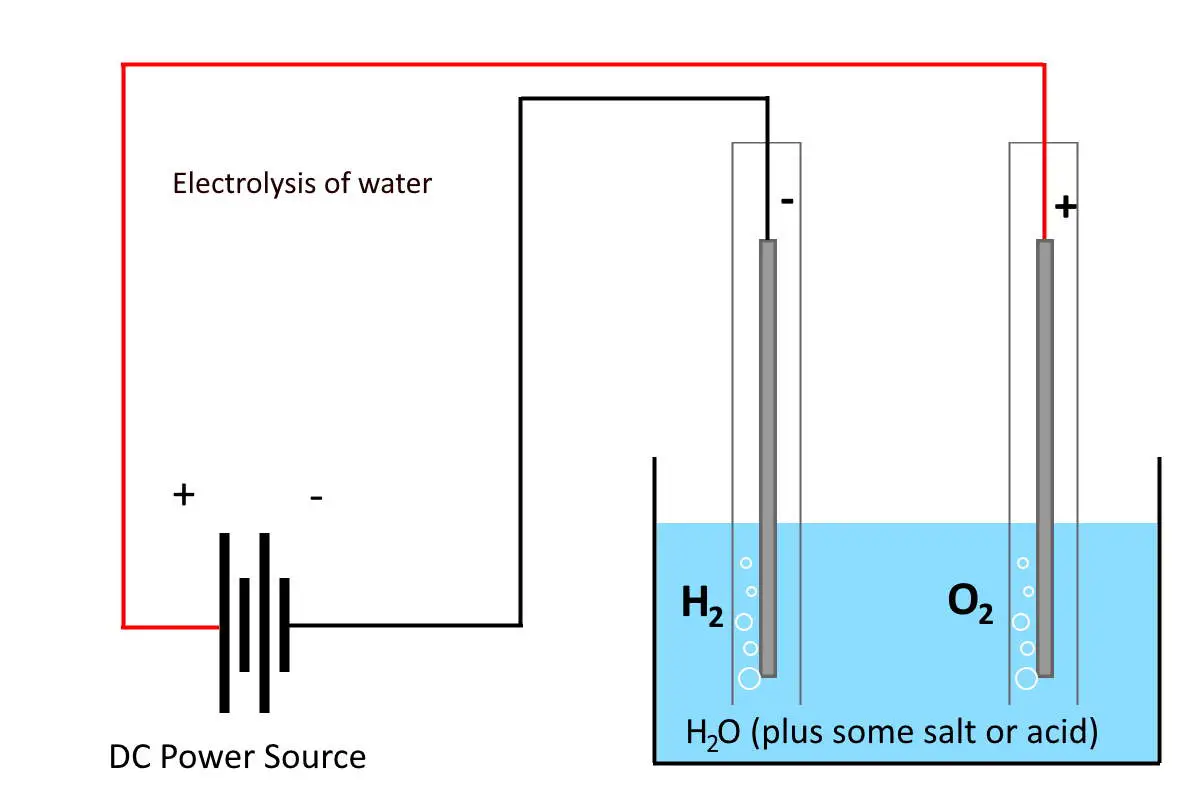
On May 2, 1800, English chemist William Nicholson (13 December 1753 – 21 May 1815), decomposed water into hydrogen and oxygen using electricity. This was the first electrolysis of water. The name “electrolysis” was given to this process in 1834 by another English scientist Michael Faraday (22 September 1791 – 25 August 1867).
Nicholson had been working with Anthony Carlisle (15 February 1768 – 2 November 1840), a London surgeon, experimenting with the Italian scientist Allesandro Volta’s (18 February 1745 – 5 March 1827) voltaic pile (see notes 1).
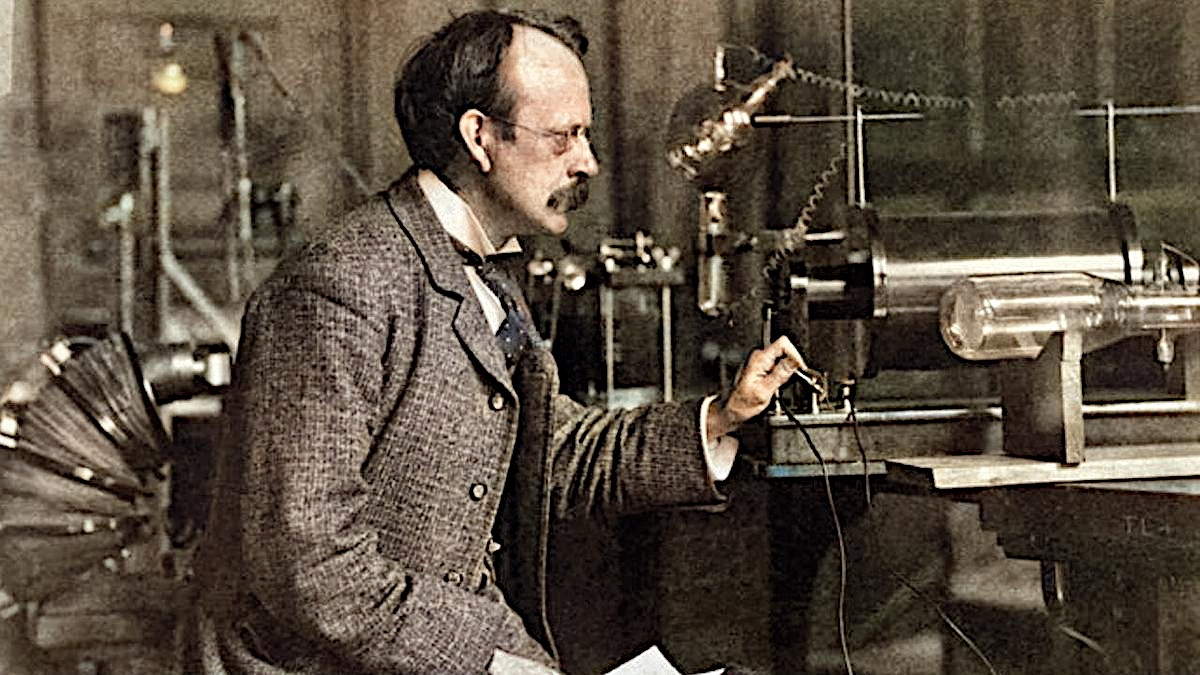
On April 30, 1897, British physicist and Nobel Laureate in Physics, Sir Joseph John Thomson (commonly known as J. J. Thompson, 18 December 1856 – 30 August 1940) announced the existence of electrons.
Thompson called the particles “corpuscles”, meaning “small bodies”, but later scientific community preferred the name electron which had been suggested by the Irish physicist George Johnstone Stoney in 1891 because these particles are the fundamental unit of electricity (see notes 1).
The word electron is a combination of the words electric and ion (a suffix, appearing in words of Latin origin, denoting action or condition). The suffix -on which is now used to designate other subatomic particles, such as a proton or neutron, is in turn derived from electron.
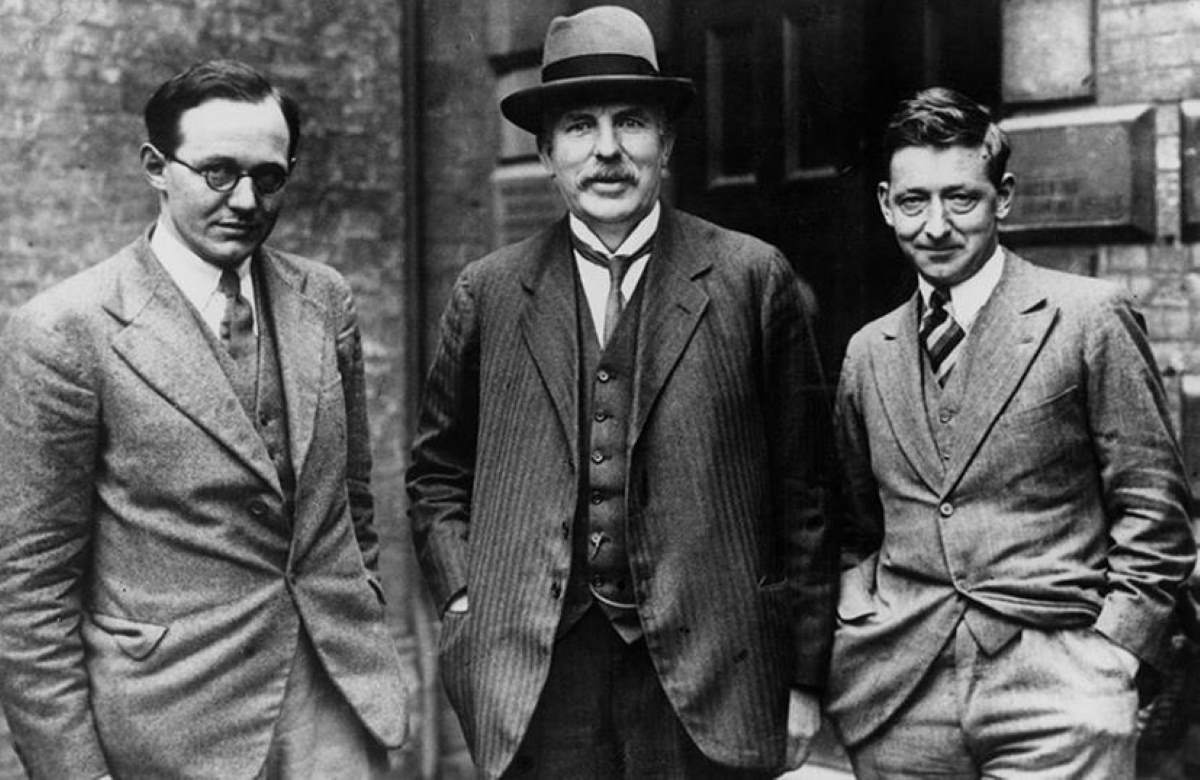
On April 14, 1932, the English physicist Sir John Douglas Cockcroft and the Irish physicist Ernest Walton split the atom for the first time using the nuclear particle accelerator they built, also the first particle accelerator in history. Cockcroft and Walton won the 1951 Nobel Prize in Physics for their “work on the transmutation of the atomic nuclei by artificially accelerated atomic particles”, popularly known as splitting the atom.
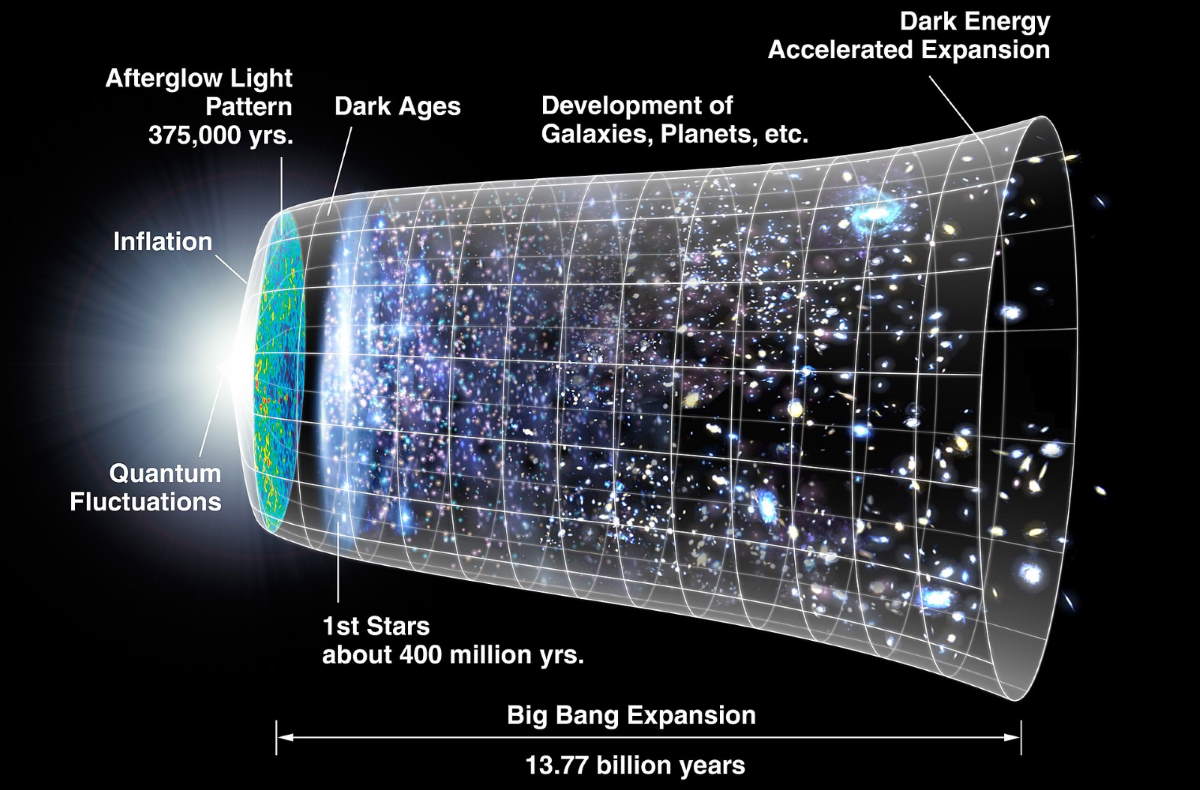
On March 28, 1949, the English astronomer Sir Fred Hoyle (24 June 1915 – 20 August 2001) unintentionally coined the term “Big Bang”. In fact, Hoyle was thinking the idea that the universe had a beginning to be pseudoscience and he was arguing the universe as being in a “steady-state”.
Today’s (March 28) story of what happened this day in Science, Technology, Astronomy, and Space Exploration history.
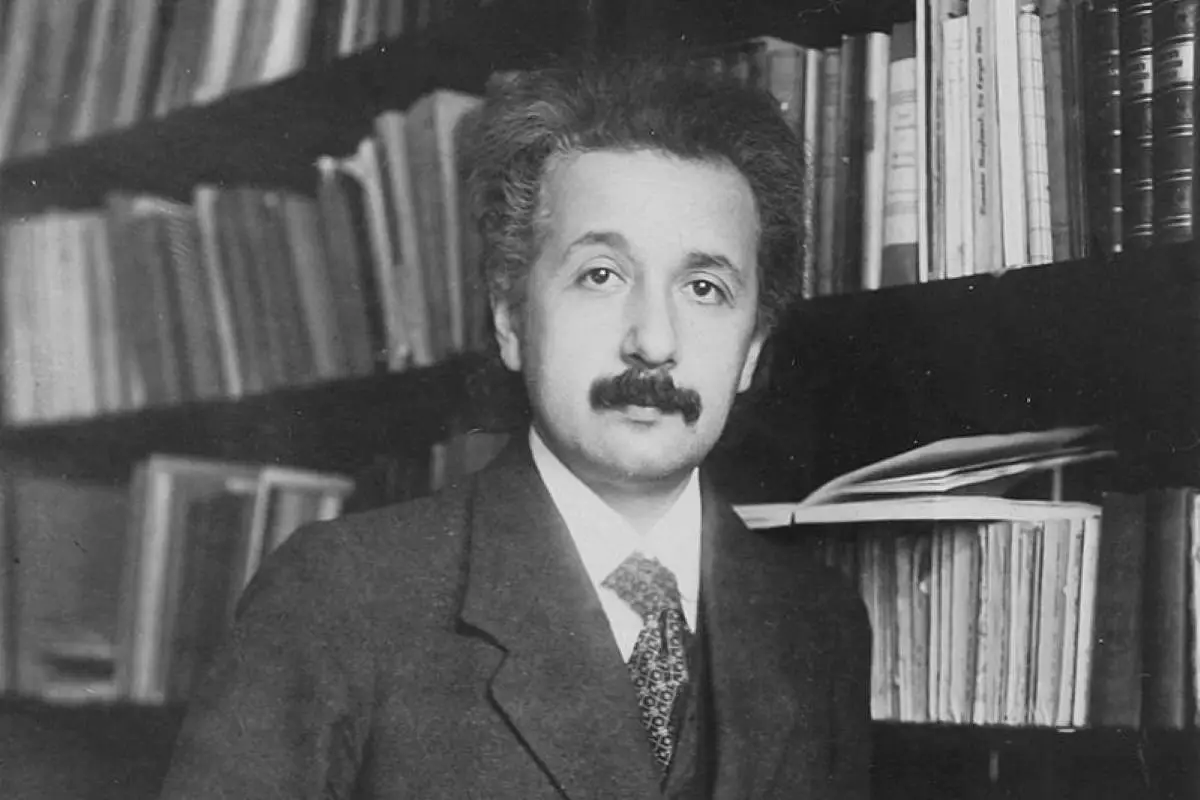
On March 20, 1916, Albert Einstein sent a paper to Annalen der Physik, one of the oldest scientific journals on physics which has been published since 1799. The study was titled “Die Grundlage der Allgemeinen Relativitatstheorie”, translated as “The Foundation of the General Theory of Relativity.” It was the first comprehensive overview of the final version of Einstein’s theory of general relativity after several expositions in preliminary versions.
Today’s (March 20) story of what happened this day in Science, Technology, Astronomy, and Space Exploration history.
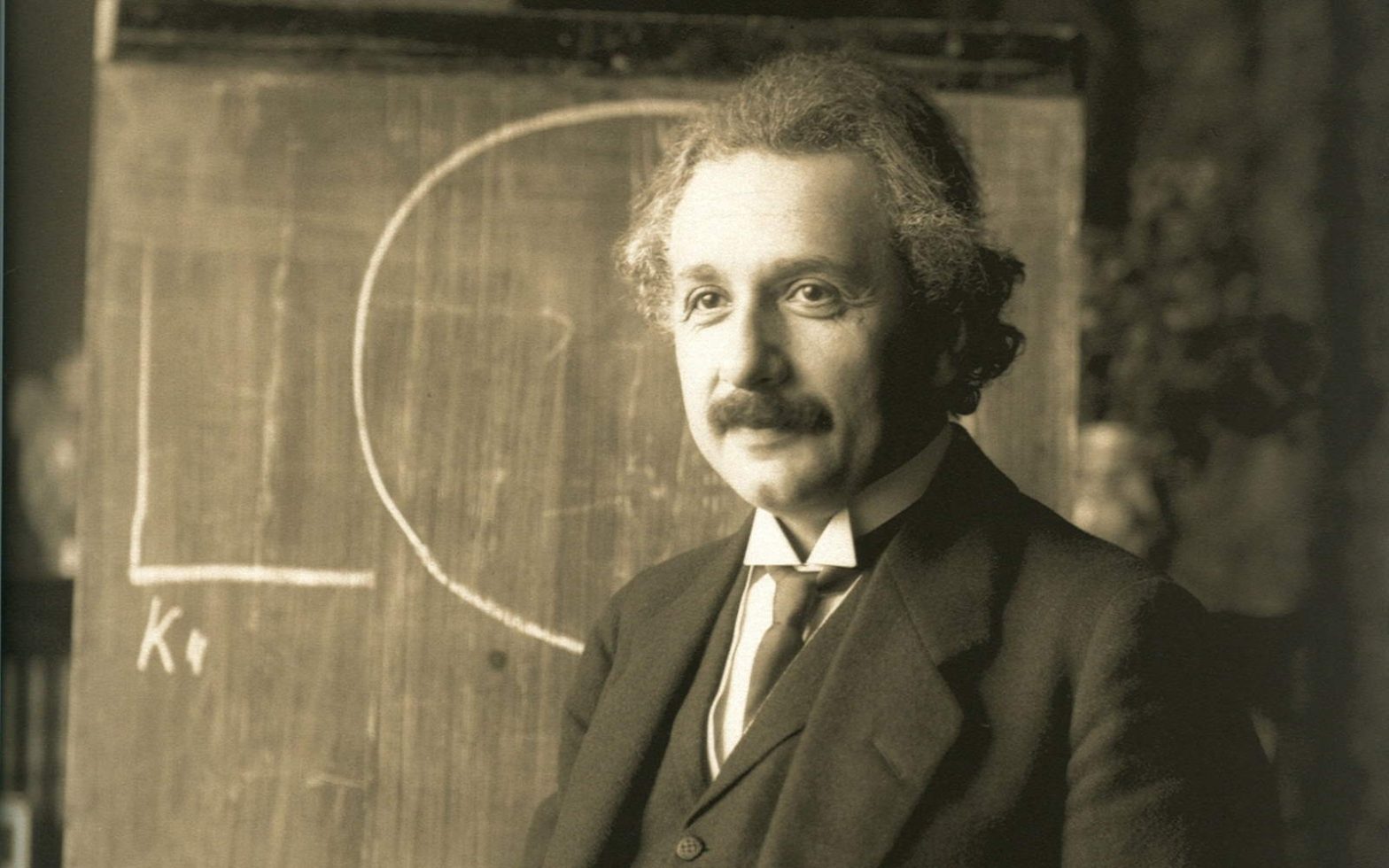
E=mc2 is probably the world’s most famous equation. It means “Energy equals mass times the speed of light squared.” The formula basically implies that a small amount of rest mass corresponds to an enormous amount of energy, and that’s the physics behind nuclear fission or nuclear fusion. In this amazing video, Albert Einstein explains his famous formula in his own voice.
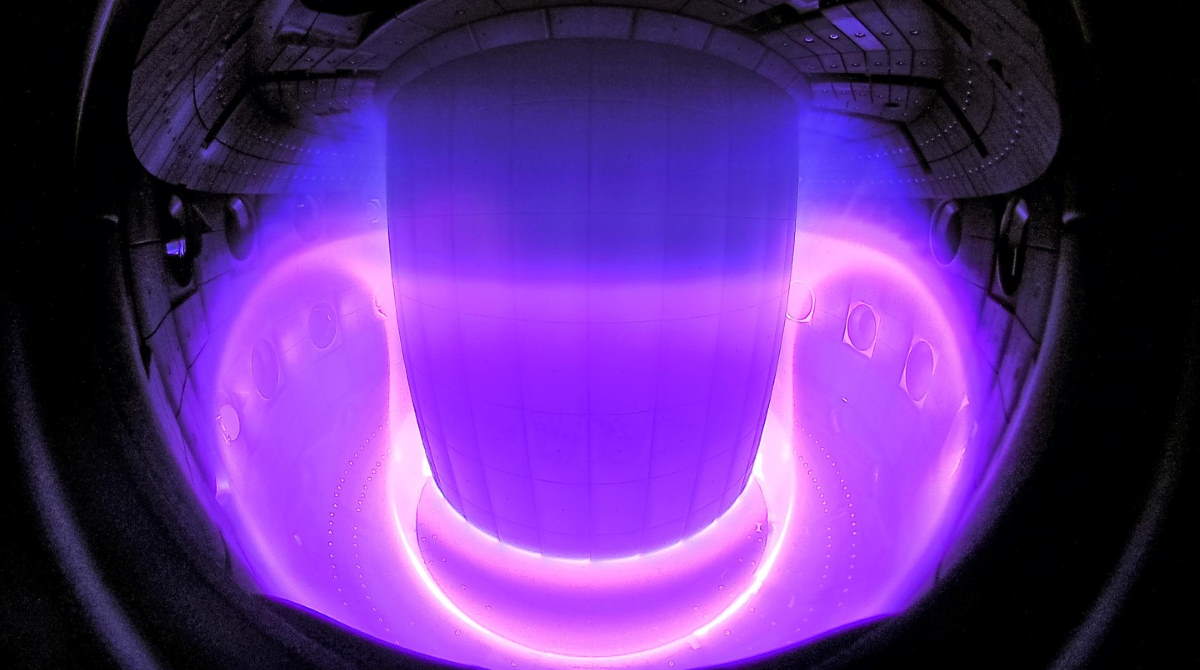
To keep Earth from dangerous ongoing global warming, the world is looking for an energy source without CO2 emissions. There is actually a dream candidate: successfully achieving nuclear fusion holds the promise of delivering a limitless, sustainable source of clean energy.